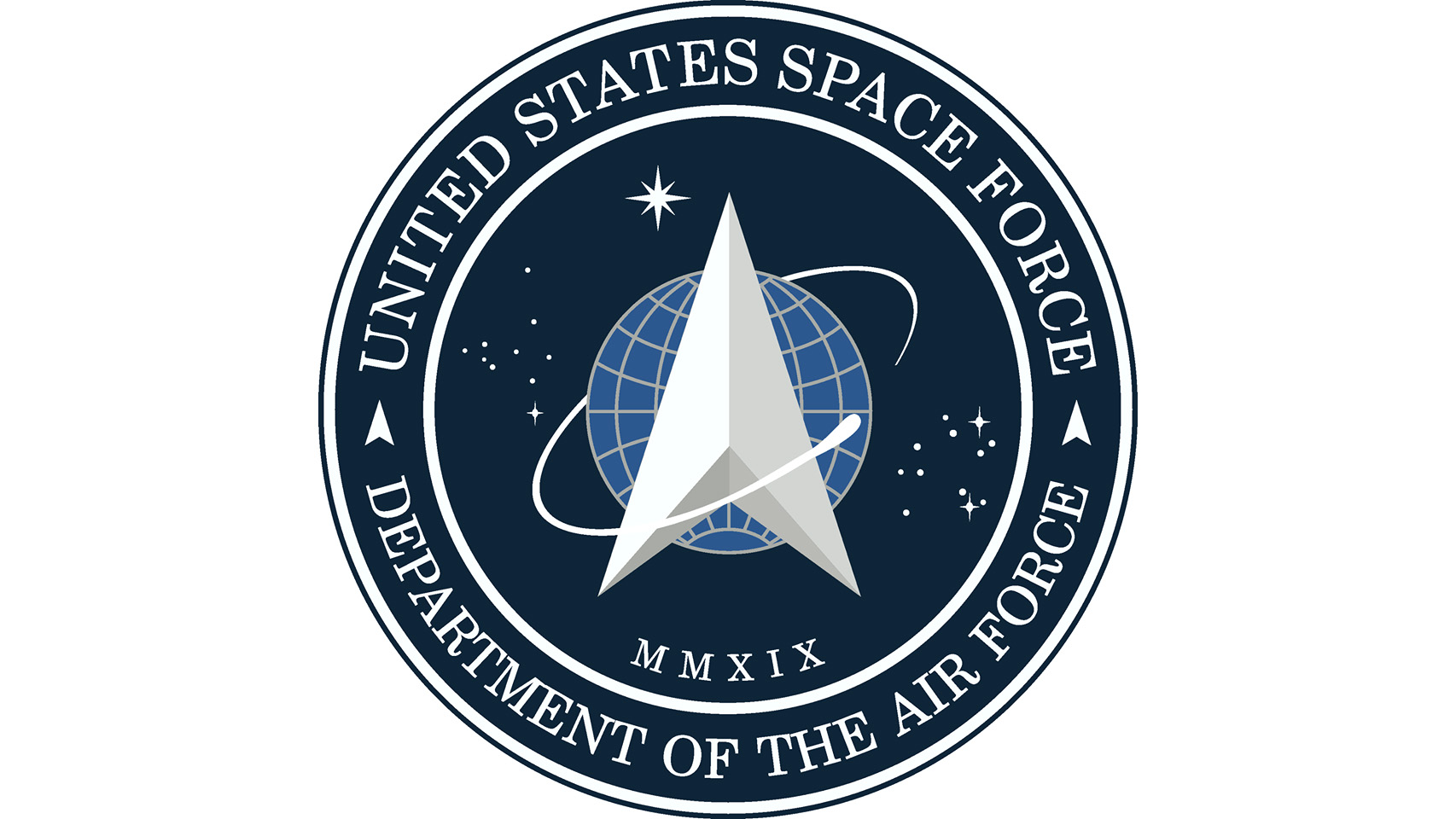Elon Musk approves of the US Space Force, eyes 'Star Trek' potential
The Space Force has Elon Musk's seal of approval.
SpaceX's billionaire founder and CEO said he's onboard with the sixth branch of the U.S. military, which President Donald Trump officially established in December 2019.
"I think it's actually cool that the creation of the Space Force is happening," Musk said Friday (Feb. 28) during a "fireside chat" at the Air Force Association's Air Warfare Symposium in Orlando, Florida.
"It makes sense that there's a major branch for every domain," he told his interviewer at the event, Lt. Gen. John Thompson, commander of the Space and Missile Systems Center at Los Angeles Air Force Base.
Related: What is the Space Force?
Though the Space Force's detailed duties remain fuzzy, it's safe to assume that the new branch's priorities will include protecting U.S. space assets from potential interference or aggression and helping the nation maintain its long-held dominance in the final frontier.
That dominance is now under serious threat, U.S. military officials have stressed over the past few years, citing Russia and China as the two chief competitors. In response, the U.S. Air Force has begun emphasizing adaptability, flexibility and speed of innovation in its space systems. The old way of doing business — spending 15 years and a billion dollars or so to get a single (highly capable) satellite off the drawing board and into orbit — just won't cut it in today's fast-moving space-tech environment, Air Force officials have said.
Breaking space news, the latest updates on rocket launches, skywatching events and more!
Musk sounded similar notes during Friday's fireside chat. He noted that China's economy will eventually grow to two or three times the size of the U.S. economy, giving the Asian nation a huge advantage in the space domain.
The United States can overcome that advantage, Musk said, but only by tapping one of the nation's greatest resources: its innovation engine.
"I have zero doubt that if the United States does not seek great innovations in space, it will be second in space, as sure as night follows day," Musk said. "So, it is a big deal."
The innovation with the greatest potential to transform the space domain, Musk added, is reusability. Completely reusable rockets and spacecraft are game changers, he stressed on Friday, as he has many times before.
SpaceX aims to develop such systems, of course, and has made a great deal of progress so far. The first stages of the California-based company's Falcon 9 and Falcon Heavy rockets are reusable, and SpaceX has successfully landed 49 of these boosters during orbital missions to date. Many of these rockets have flown again, often several times. And SpaceX routinely reflies its robotic Dragon cargo capsules on resupply missions to the International Space Station for NASA.
But SpaceX is aiming higher: Its Starship Mars-colonizing transportation system is designed to be fully reusable. That system consists of a big spaceship called Starship and a huge rocket known as Super Heavy, both of which are still in development.
Related: SpaceX's Starship and Super Heavy rocket in pictures
Indeed, Musk wants each Starship component eventually to fly many times, and on a fast turnaround. The billionaire entrepreneur has said he envisions 1,000 Starships heading off to Mars every 26 months, when Earth and the Red Planet align favorably for interplanetary flight.
This is the sort of radical innovation that would keep the United States on top in space, Musk implied Friday. And such tech could put the country on the path toward something even more ambitious, he added — a truly sci-fi future.
"We gotta make Starfleet happen," Musk said, referring to the United Federation of Planets' space force in the "Star Trek" universe. "When the public hears 'Space Force,' that's what they think. It's like, 'OK, we're going to have some sweet spaceships and pretty good uniforms and stuff.'"
We all want these exciting developments to happen within our lifetimes — and that does seem achievable, as long as we push for big innovations in spaceflight tech, Musk said.
"Warp drive and teleportation, probably not," he said. "But big spaceships that can go far places? Definitely. That can be done."
- Elon Musk: Revolutionary private space entrepreneur
- Military Space: Spacecraft, weapons and tech
- The most dangerous space weapons ever
Mike Wall is the author of "Out There" (Grand Central Publishing, 2018; illustrated by Karl Tate), a book about the search for alien life. Follow him on Twitter @michaeldwall. Follow us on Twitter @Spacedotcom or Facebook.
OFFER: Save at least 56% with our latest magazine deal!
All About Space magazine takes you on an awe-inspiring journey through our solar system and beyond, from the amazing technology and spacecraft that enables humanity to venture into orbit, to the complexities of space science.

Michael Wall is a Senior Space Writer with Space.com and joined the team in 2010. He primarily covers exoplanets, spaceflight and military space, but has been known to dabble in the space art beat. His book about the search for alien life, "Out There," was published on Nov. 13, 2018. Before becoming a science writer, Michael worked as a herpetologist and wildlife biologist. He has a Ph.D. in evolutionary biology from the University of Sydney, Australia, a bachelor's degree from the University of Arizona, and a graduate certificate in science writing from the University of California, Santa Cruz. To find out what his latest project is, you can follow Michael on Twitter.


